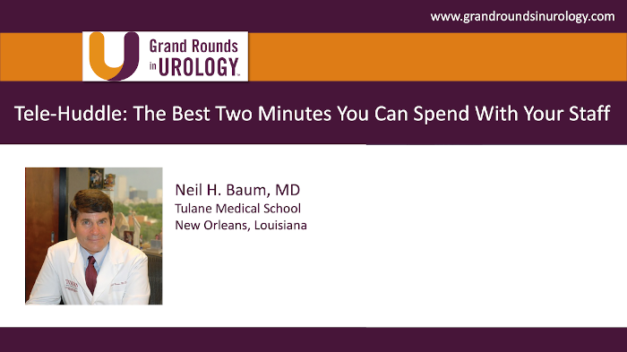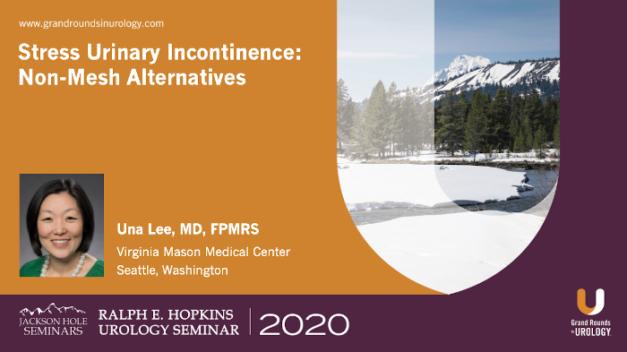TMPRSS2, ACE 2, and the Potential Role of 5ARIs and GNRH Analogues in Inhibiting COVID-19 Infection
L. Michael Glodé, MD, FACP, Professor Emeritus at the University of Colorado Cancer Center and a medical oncologist at the Shaw Regional Cancer Center in Edwards, Colorado, discusses the mechanism of action of the TMPRSS2 and ACE2 pathways, and their relationship to the host-cell entry of COVID-19. He goes on to discuss a clinical trial using the serine protease inhibitor Camostat, noting how 5ARIs and GNRH analogues could act as a target for prevention and possible treatment of COVID-19. He also discusses the results of an Italian observational study which demonstrated how prostate cancer patients receiving ADT appear to be partially protected from COVID-19 infection.
Read More




